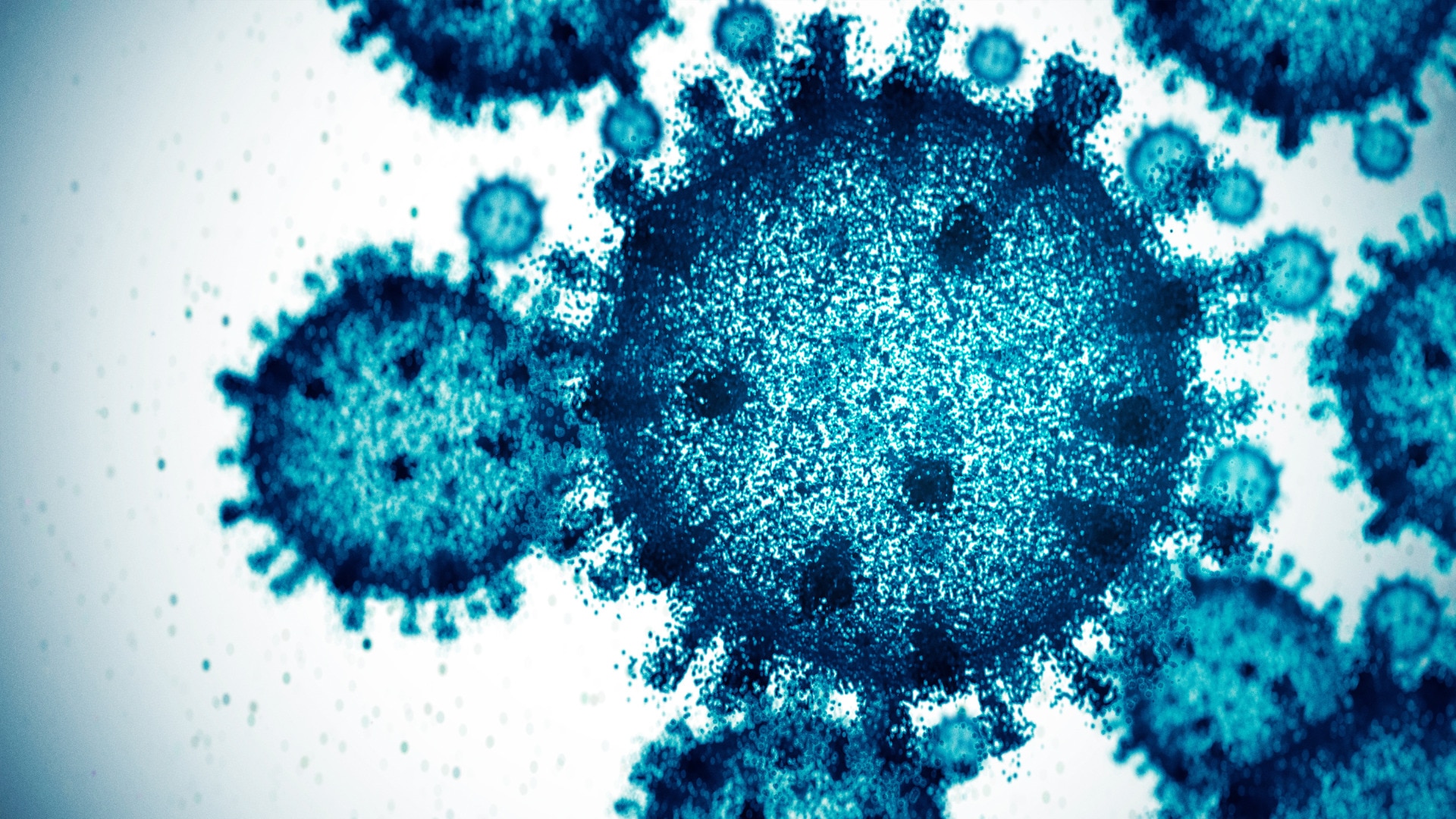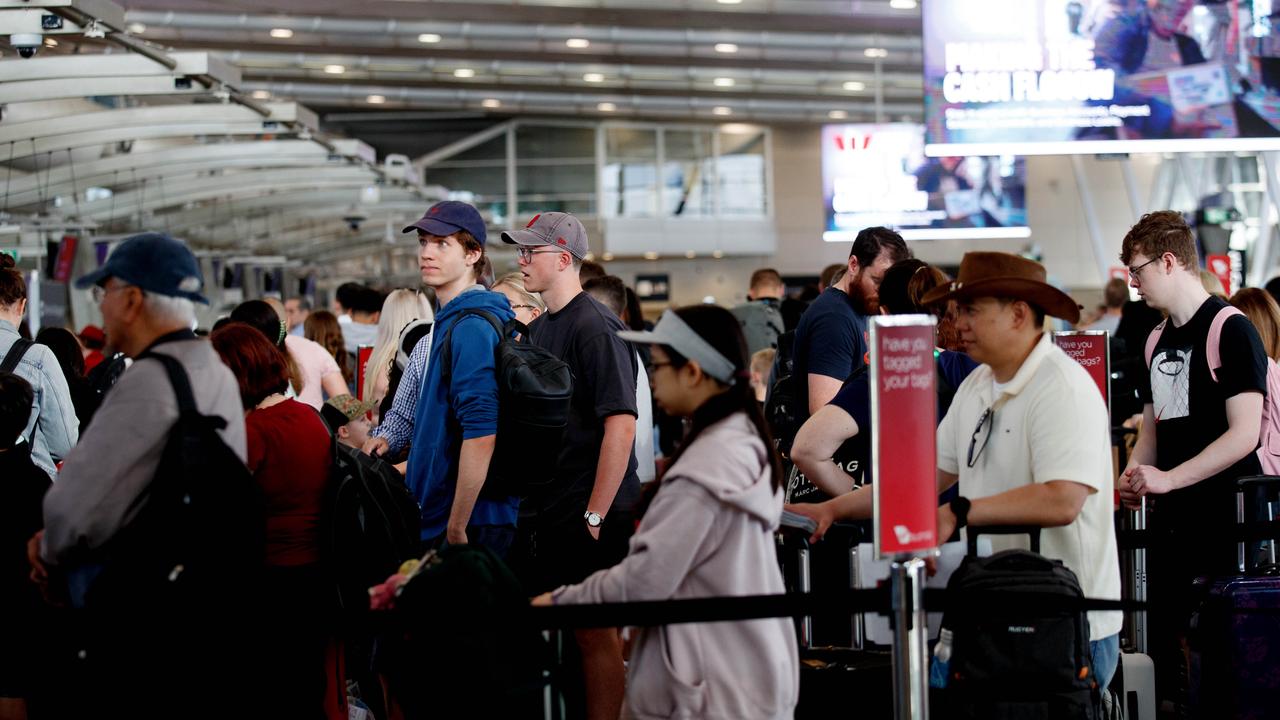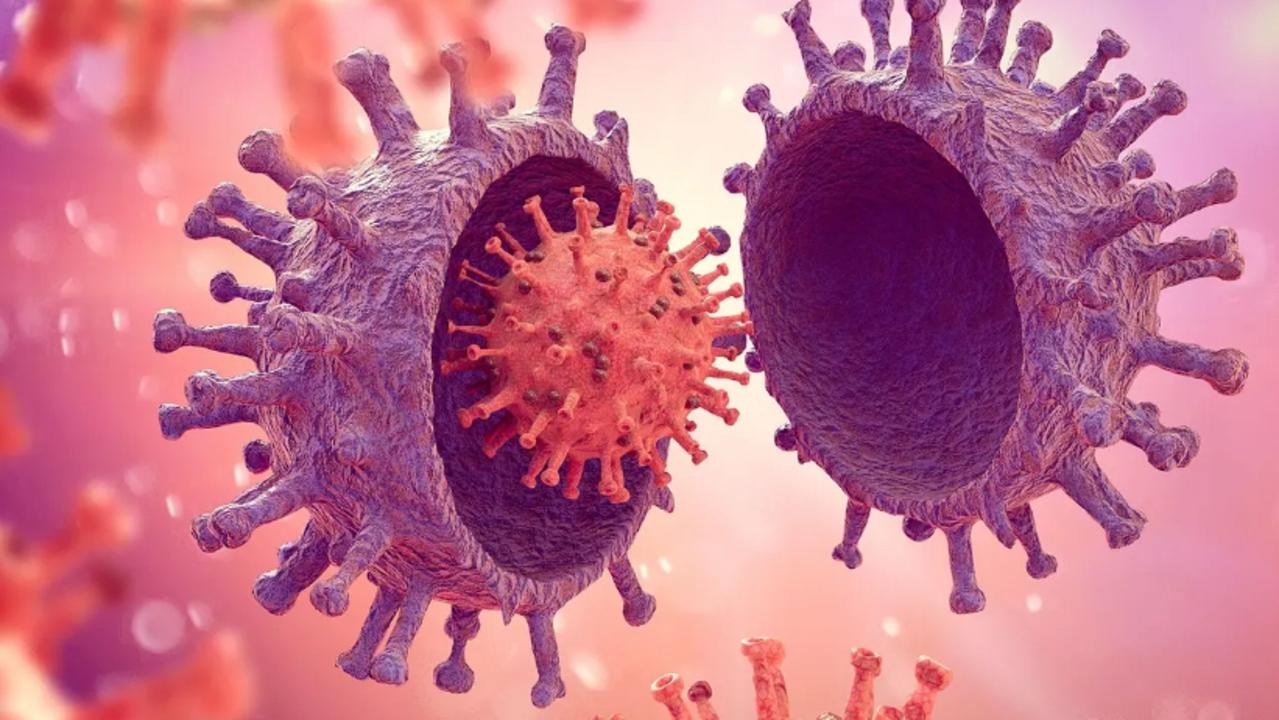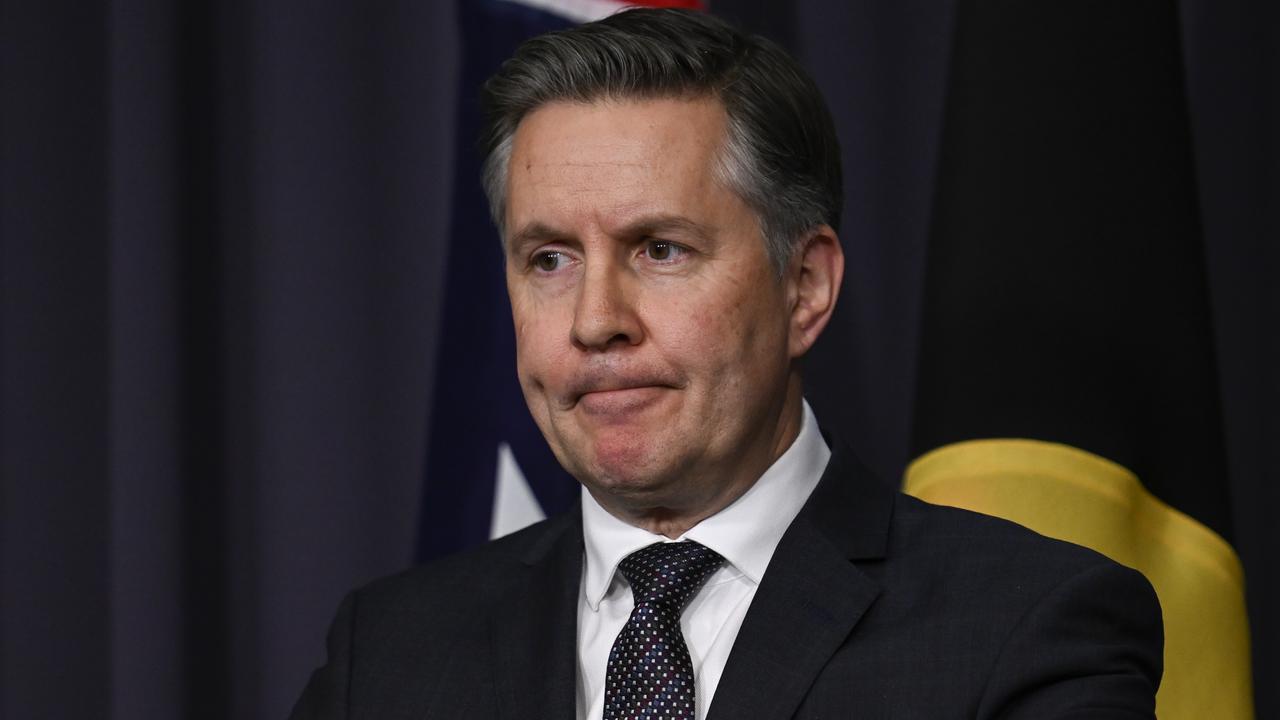More people taking sick leave as Australia braces for ‘nasty’ flu season and new Covid strain
The number of Aussies taking sick leave has sharply risen as the country braces for a “nasty” winter flu season and a new Covid subvariant takes hold.

The number of Aussies taking sick leave has sharply risen as a new Covid subvariant takes hold and the country braces for a “nasty” winter flu season.
News.com.au can reveal telehealth sick note provider Sicky reported a 108 per cent year-on-year increase in flu-related sick leave requests in March and April, and a 24 per cent rise in Covid-related sick leave requests.
Pharmacist Avinash Vazirani, who co-founded Sicky, told us the company had seen an 11 per cent increase in sick certificate requests tied to travel-related flu and Covid cases compared to the same time last year.
“Travel is back in full swing, which is great news for the soul, but it also comes with a few risks,” he said.
“When you board a plane, you’re stepping into a confined environment for hours with recirculated air and shared surfaces. That’s the perfect storm for transmissible illnesses like Covid-19 and the flu.”

MORE: How to call in sick to work
Mr Vazirani has urged people who have tested positive to Covid before a flight to reconsider their travel plans.
His advice for preventive measures on board?
“Wear a well-fitted mask during the flight, especially when you’re not eating or drinking, sanitise your hands often, especially after touching common surfaces or using the loo, and avoid touching your face,” he said.
Mr Vazirani stressed that being cautious isn’t overkill — “it’s just smart travel”.
“Aussies have a reputation for being proactive about their health, and we’re lucky to have access to one of the world’s best healthcare systems, but that safety net doesn’t travel with your suitcase,” he said.
“Overseas, getting sick can mean language barriers, different medication standards, or even no access to medical help at all depending on where you are. Plus, healthcare costs in some countries can be eye-watering.”
While Sicky doesn’t know if the increase in Covid-related sick note requests is due to the new NB. 1.8.1 Covid variant, because they don’t track the exact strain people have, Mr Vazirani said “pandemic fatigue is real” and people appear to have eased off on habits like hand sanitising and mask-wearing.

The NB. 1.8.1 Covid variant has been designated a Variant Under Monitoring (VUM) by the World Health Organisation as the UN agency says “continued monitoring is essential”.
Since first being recognised in January, it has become the dominant strain in Hong Kong and China, and has been increasing in other countries, including across Australia.
It was revealed last week wastewater testing estimates 40 per cent of Covid cases in Victoria, and 50 per cent of cases in Western Australia, are a result of NB. 1.8.1.
Health authorities are now speaking out with a push for booster jabs.
Health Minister Mark Butler has urged older people, in particular, to get vaccinated and younger people to consider getting a booster too.
“This is another member of the big, sprawling Omicron family,” Mr Butler said on Friday.
“This is pretty consistent with patterns we’ve seen now for a few years, where a new subvariant of Omicron emerges and starts to spread across the world.”
Dr Paul Griffin, director of infectious diseases at Mater Health in Brisbane, said NB. 1.8.1 was “driving up infections and hospitalisations, particularly in Asia and Western Australia”.
“The best way to protect yourself and your family is to get the newest booster which provides very good coverage, is safe, and will reduce the severity of your symptoms if you contract Covid-19,” he said.

As for the flu, in the first three months of the year there were 48,586 lab confirmed cases of influenza, according to the National Notifiable Disease Surveillance Dashboard.
That is compared to 30,492 lab confirmed cases during the same period in 2024.
Griffith University virologist Associate Professor Lara Herrero has described this flu season as “nasty,” urging people to also get their annual flu jab.
In Victoria, Western Health Chief Operating Officer John Ferraro confirmed changes have been made at his hospitals in response to increase in transmission of influenza, Covid, RSV and measles.
He told 3AW that staff were required to wear surgical masks in all patient facing areas, and visitor restrictions had been introduced that rules patients are allowed two visitors each for up to two hours per day.
It came after a Victorian woman called the radio show and told them she could not visit her dad in an unnamed hospital.
“On Sunday we were told that there’s Covid in the hospital and that we needed to mask up if we wanted to come visit. Today we were told we’re not allowed to visit,” the caller said on Tuesday.






